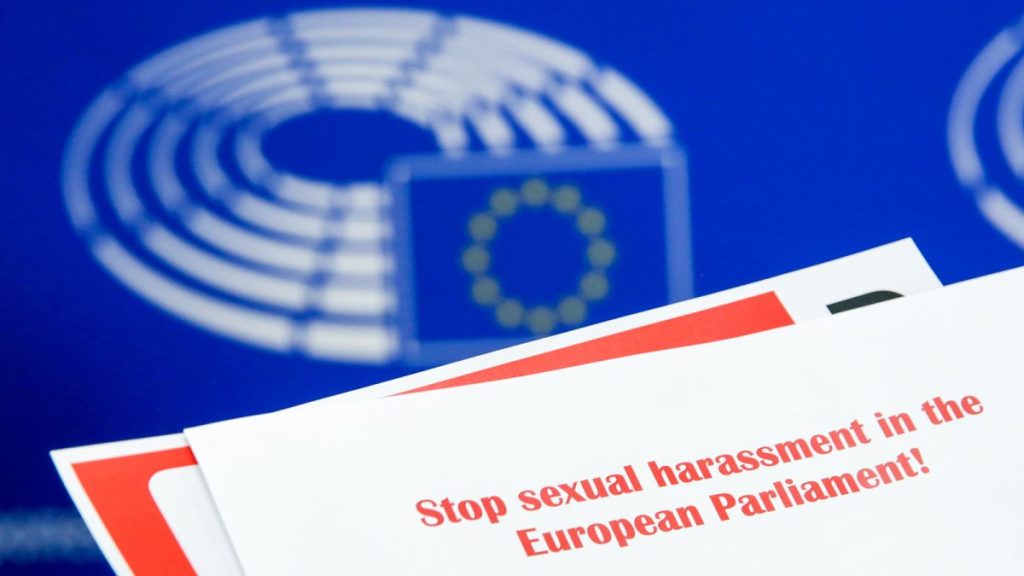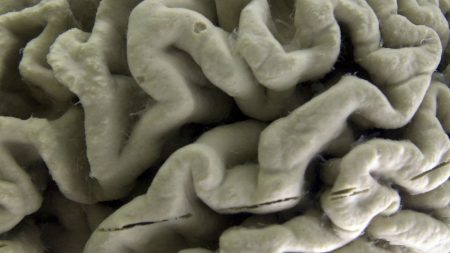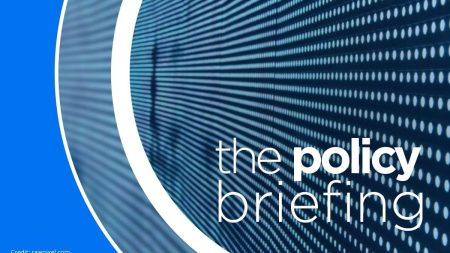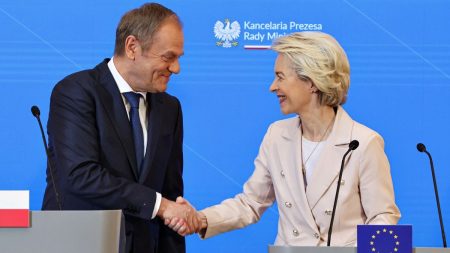The European Parliament is facing allegations of corruption, undue influence, and misconduct among its lawmakers as a mandate filled with scandal comes to an end. Reports indicate that a quarter of current Members of the European Parliament (MEPs) have been embroiled in various scandals, ranging from sexual harassment to nepotism and bribe-taking. Efforts to push through reforms have been mired in political infighting, resulting in measures that many feel are too lenient to combat wrongdoing within the parliament. Two key proposals, aimed at addressing harassment and ethics violations, have been watered down, leaving critics skeptical about their effectiveness in promoting accountability.
The new anti-harassment training for MEPs, introduced in response to a growing body of evidence on harassment within the parliament, now requires members to undergo training within the first six months of their mandate. However, the rules have been amended to remove any sanctions for those who choose to skip the training, rendering it potentially ineffective. Critics view these changes as a ‘cheap’ attempt to water down the crackdown on harassment, as they fear that the lack of consequences will undermine the training’s impact on addressing impunity at the heart of Europe’s democracy. The MeToo EP movement has identified widespread harassment within the parliament, with a significant percentage of respondents reporting experiences of psychological or sexual violence.
The MeToo movement at the European Parliament has highlighted the pervasive issue of harassment and misconduct among lawmakers. Recent allegations of bullying and harassment have led to investigations and sanctions against several MEPs. The case of German Green MEP Malte Gallée, who renounced his seat following accusations of inappropriate behavior towards his employees, is emblematic of the challenges faced in addressing harassment within the parliament. Critics have censured attempts by political factions to politicize the issue, emphasizing the importance of creating a safe and respectful working environment for all staff members.
The European Parliament has approved a new EU ethics watchdog, designed to oversee the ethical standards of all EU institutions in response to the Qatargate scandal. The watchdog aims to establish binding ethical standards for political officials, including rules on accepting gifts, side-jobs, and a cooling-off period after leaving office. However, the watchdog lacks autonomous investigative and sanctioning powers, raising concerns about its effectiveness in enforcing ethical standards. With the Council opting out of the agreement and MEPs rejecting stricter standards on conflicts of interest, critics argue that the new body leaves many unresolved issues and falls short of adequately addressing corruption and maladministration allegations.
Rapporteur Daniel Freund of the German Greens views the new ethics body as a step towards promoting transparency and accountability in the European Parliament. However, he acknowledges that there are still challenges in protecting European democracy from foreign undue influence and maintaining ethical standards. With doubts surrounding each institution’s enforcement of the ethical standards and the lack of binding sanctions for non-compliance, analysts argue that the new body may not be equipped to effectively combat corruption and maladministration in the EU institutions. Calls for a more streamlined approach to addressing these issues have been made in response to ongoing challenges in upholding ethical standards and preventing foreign influence.















